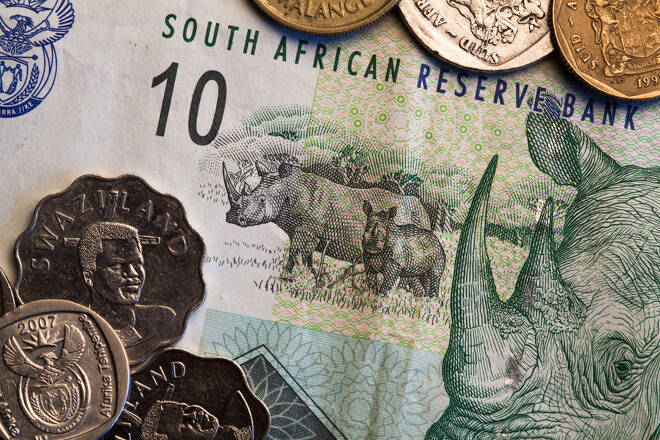Advertisement
Advertisement
Africa’s Stressed Economies Need Policy Adjustment, International Support
By:
African economies’ recoveries are under continued pressure amid a range of external and internal shocks, underlying the need for renewed policy adjustments and better crafted international assistance.
Download Scope’s 2023 Africa Sovereign Monitor
As multilateral lenders face growing demands from borrowers, Africa needs to continue reforms and seek greater co-ordination between official and private creditors to tackle the continent’s long-term economic, financial and sustainability challenges including climate change.
Long-term consequences of Russia’s war in Ukraine, high inflation, higher borrowing costs and bad weather threaten the region’s post-pandemic recovery and economic stability. These multiple shocks have resulted in acute tensions in energy and food supplies, exacerbating underlying vulnerabilities.
Many countries are also benefiting from recovering demand for exports in advanced economies, where growth might pick up again later this year, and there are signs that recent capital outflows are reversing. According to the African Development Bank, Africa’s GDP growth will average 4.0% in 2023 and 2024, a mild rebound compared with growth of 3.8% last year, but down from 4.8% in 2021.
Public finance challenges mount for African countries (median figures, 2000-22)
Tighter Financial Conditions Will Aggravate Vulnerabilities as Public Debt Rises
Tighter global monetary policy will still aggravate vulnerabilities as public debt rises. Many African countries took advantage of low interest rates over the past decade to tap private investors through international debt markets.
Today, tighter financial conditions, amid historically high debt and more complex debt profiles, impair credit ratings for the region. More than 40% of countries of the region spend more than 10% of revenues on interest. Around one sixth spend more than 20%.
Many African Countries Cannot Address Financial Challenges on Their Own as Political Risks Increase
Some African countries have become more resilient in recent years but many cannot address financial challenges on their own. Fiscal buffers narrowed significantly with the implementation of countercyclical measures during the pandemic crisis.
Political risks are also mounting ahead of a busy year for elections, which are taking place in more than 20 African countries, including Gabon, Madagascar, Nigeria, and Zimbabwe. Rising food and energy prices and, in some cases, food shortages are feeding social discontent amid growing geopolitical tensions, not least the Russian and Islamist-backed incursions in the Sahel, conflict between the Democratic Republic of the Congo and Rwanda, and civil wars in Ethiopia and Libya.
Requests for Financial Assistance and Debt Restructuring Likely to Increase
Requests for financial assistance are likely to grow, including via debt restructurings. The share of sub-Saharan African countries either in debt distress or at high risk of debt distress rose to 65% in September 2022 from 18% in 2014.
More countries could seek debt relief should external assistance be insufficient to meet financing needs. The sovereign debt-restructuring architecture has been reinforced since the Covid-19 crisis, but lengthy and complex restructuring negotiations make creditor co-ordination difficult. Still, comprehensive debt restructuring for select countries will prove pivotal in supporting stronger credit ratings over the long term.
Innovative arrangements such as guarantees, liquidity facilities, contingent instruments among others will help African governments tackle credit challenges.
For a look at all of today’s economic events, check out our economic calendar.
Thomas Gillet is an Associate Director in Sovereign and Public Sector ratings at Scope Ratings GmbH. Thibault Vasse, Associate Director at Scope Ratings, contributed to writing this commentary.
About the Author
Thomas Gilletcontributor
Thomas Gillet is a Director in Scope’s Sovereign and Public Sector ratings group, responsible for ratings and research on a number of sovereign borrowers. Before joining Scope, Thomas worked for Global Sovereign Advisory, a financial advisory firm based in Paris dedicated to sovereign and quasi-sovereign entities.
Advertisement
